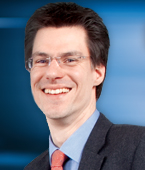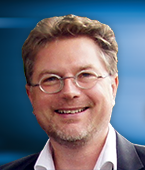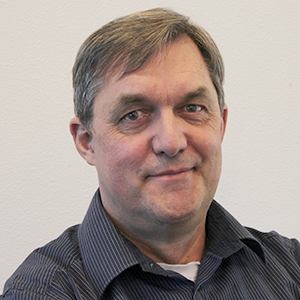
In 1898, Carl Miele and Reinhard Zinkann founded the Miele company. Since then, it has grown into one of the world’s foremost producers of household appliances, including washing machines and cooking devices for both domestic and professional use. Miele has created a joint research laboratory, mieletec, with the University of Applied Sciences in Bielefeld, Germany. There, the foundations are being laid for the next generation of resource and energy efficient household appliances. This October, you have the chance to hear mieletec talk about designing efficient appliances at the user’s conference in Rotterdam.
Designing Efficient Appliances that Save on Resources and Energy
Why the research? Consumers today are prepared to spend more money than ever on products that bring comfort, safety, and convenience into their homes. We wouldn’t want to miss out on the everyday comforts our microwave ovens, stove tops, and dishwashers bring.
Resource and energy efficiency is key for new designs. There is an ever-growing demand for smart designs that both make good use of material resources and are energy efficient. A strong understanding of the complexity of the physical, chemical, and technical processes involved is absolutely essential for arriving at smart designs. Naturally, multiphysics plays a prominent role in the research and design of such appliances.
About the Keynote Speakers
At the COMSOL Conference 2013 Rotterdam, you will be treated to not one, but two speakers for this keynote talk: Holger Ernst and Christian Schröder. Together, they co-founded mieletec FH Bielefeld.

|

|
| Holger Ernst, Co-founder and scientific director, mieletec FH Bielefeld |
Christian Schröder, Co-founder and scientific director, mieletec FH Bielefeld |
Prior to co-founding mieletec, Holger Ernst received his PhD in chemistry at the Westfälische Wilhelms-Universität in Münster, in 2002. In addition to his involvement in the joint research lab, Ernst is head of Innovation, Research and Development at Miele & Cie. KG facility in Bielefeld.
Christian Schröder received his PhD in theoretical physics in 1999, from the University of Osnabrück (Germany). In 2003, he entered into a professor position at the University of Applied Sciences in Bielefeld. Schröder’s research focuses on the theoretical description and numerical simulation of functional magnetic nano-systems, and on high-performance computing and distributed computing methods.



Comments (0)